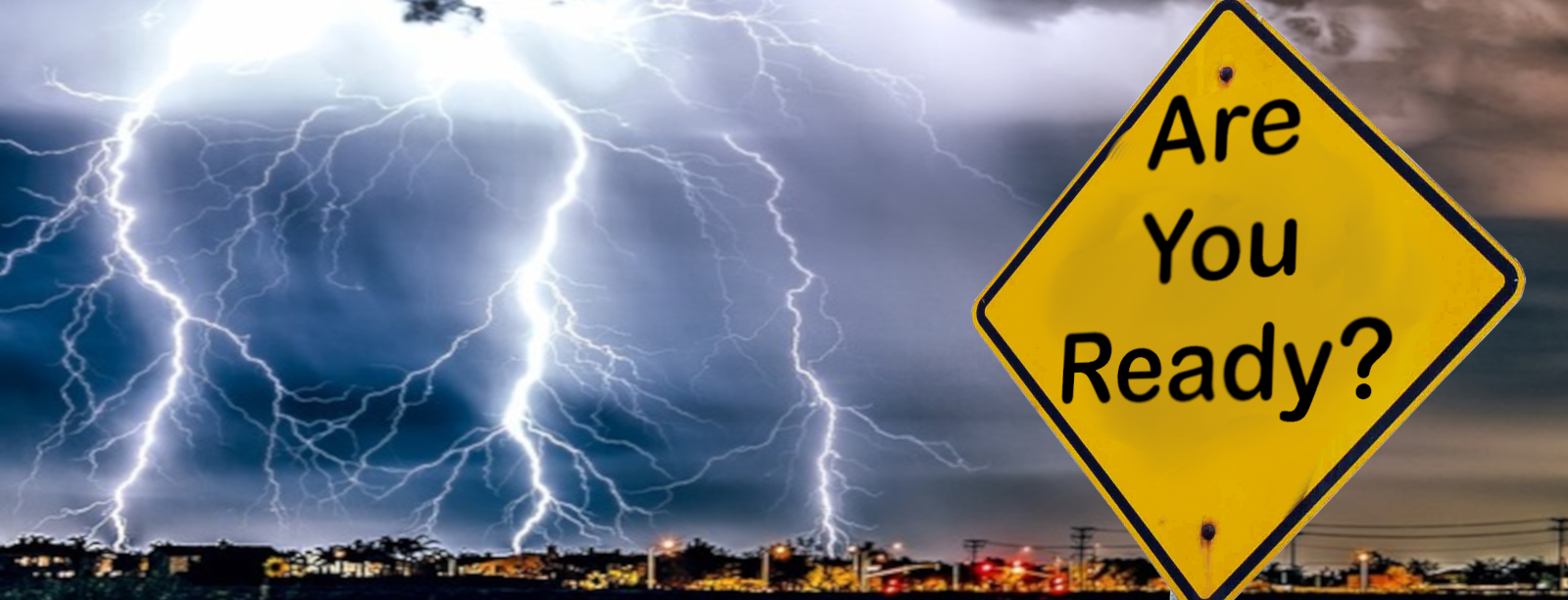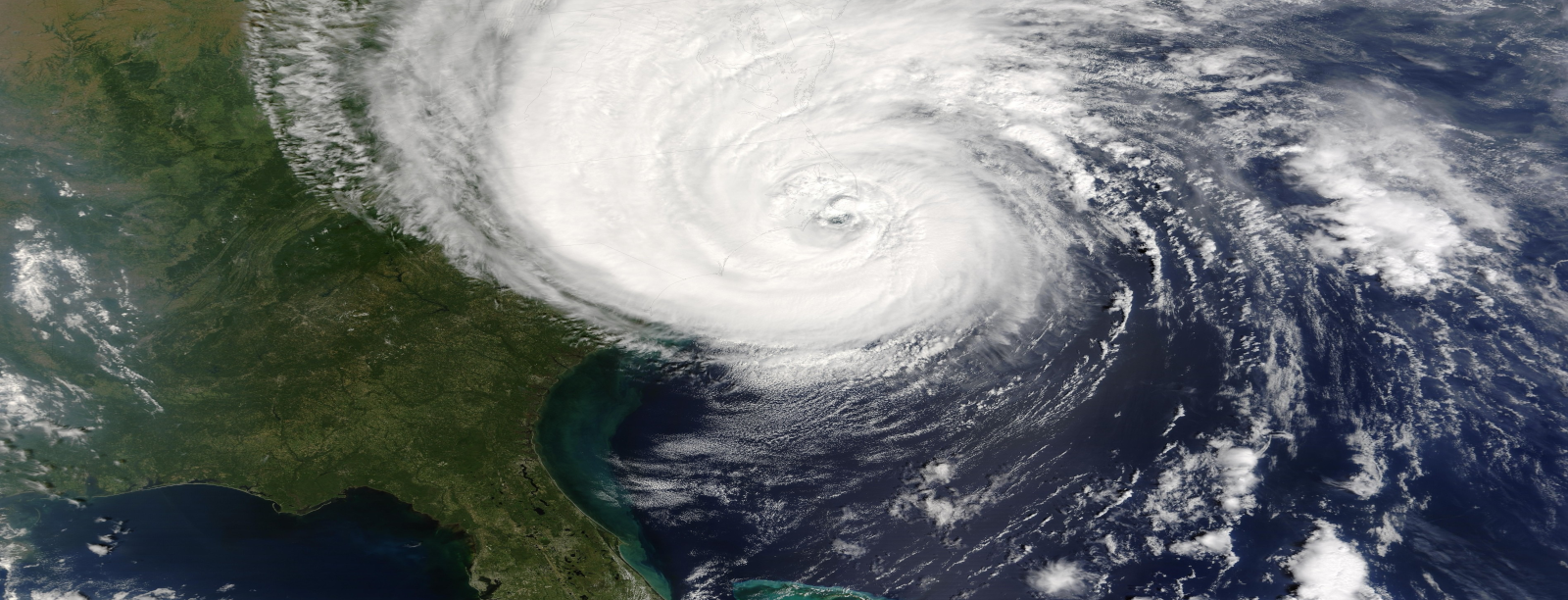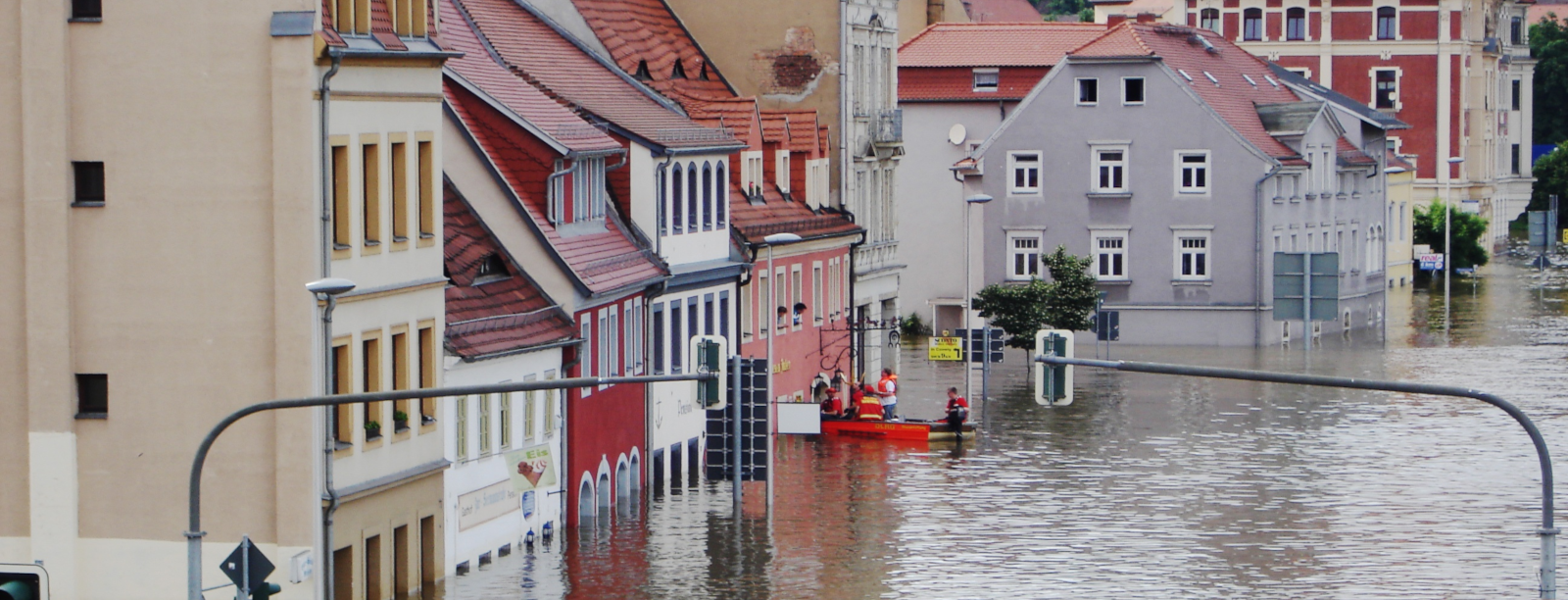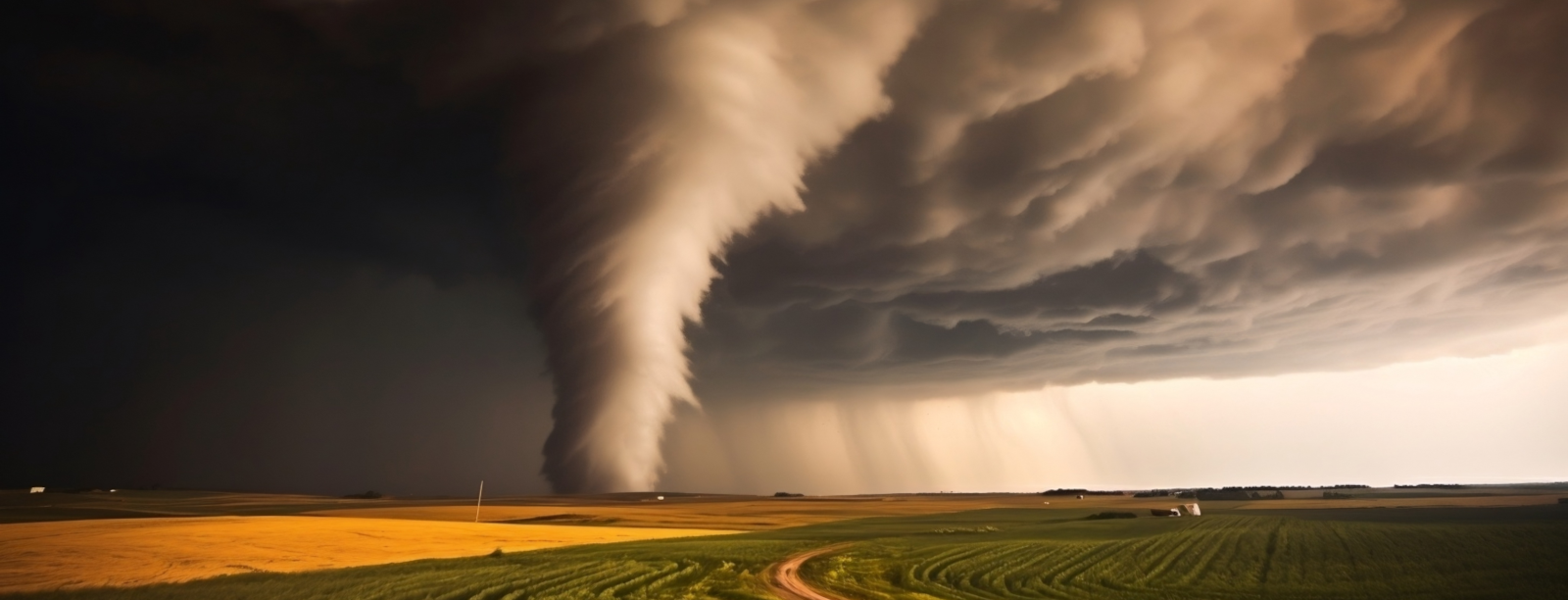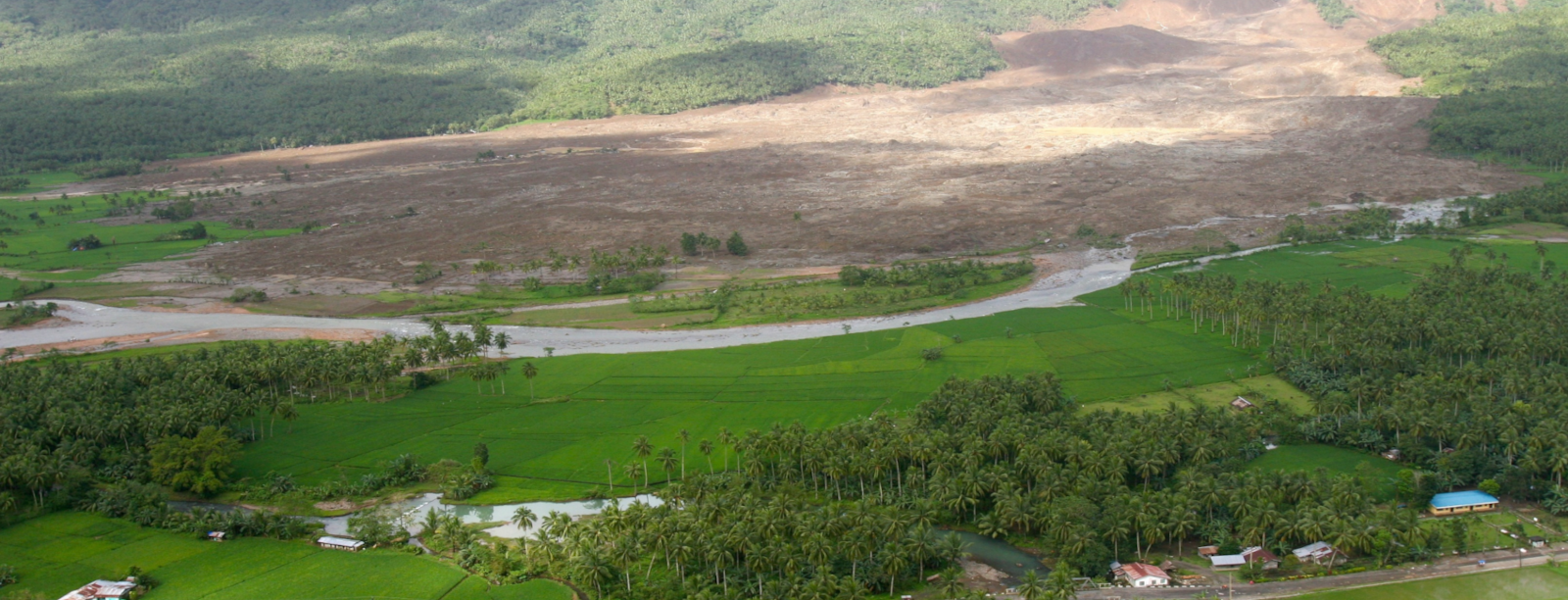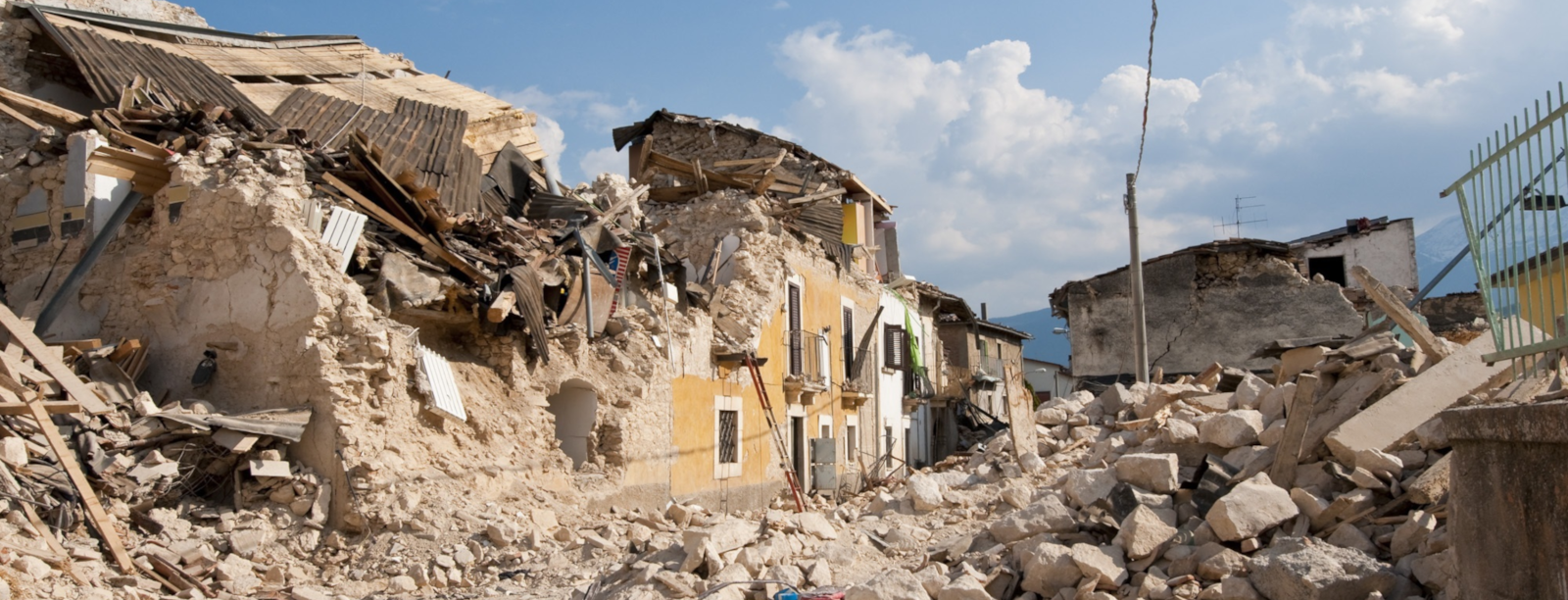
REACT began as a CB radio Emergency Channel 9 monitoring organization across the United States and Canada in 1962. Initially, the primary role of REACT volunteers was to monitor Channel 9, the CB Emergency Channel, to help motorists. Later, duties grew to include communications after disasters (such as tornadoes and floods), and in some places before disasters (storm spotting). As well, REACT safety communications for parades, runs/walks and other community events became prominent. Now, REACT Teams rarely use CB primarily, a large percentage have now added amateur, FRS, GMRS, Multi-Use Radio Service (MURS), Trunked radio systems and business band radio (LMR) to their public service capabilities. Their original purpose, to monitor CB, has largely gone by the wayside.
Each REACT Team is unique and fills a local purpose. The original purpose of monitoring Emergency Channel 9 for distress calls is not as needed as once was due to the availability of cellular phones, but is still done in some remote locations. Some teams disbanded when the need for CB 9 monitoring waned; however, other Teams became creative and found other things to do in their communities.
Many REACT Teams go beyond just communications and provide services such as traffic and parking control, search and rescue support, assistance with large public events, helping with safety breaks along roadways, help monitor traffic flow, assist with their local emergency management offices, law enforcement and also some participate in the Skywarn program of storm spotters. However many of these functions require the mobile communications that many REACT Teams utilize.
Objectives
- To develop the use of the personal radio services as an additional source of communications for emergencies. disasters, and as an emergency aid to individuals
- To establish 24-hour volunteer monitoring of emergency calls, particularly over officially designated emergency frequencies, from personal radio service operators, and reporting such calls to appropriate emergency authorities
- To promote transportation safety by developing programs that provide information and communications assistance to motorists
- To coordinate efforts with and provide communication help to other groups, e.g., Red Cross, Emergency Management, and local, state, and federal authorities, during emergencies and disasters
- To develop, administer, and promote public information projects demonstrating and publicizing the potential benefits and the proper use of the personal radio service to individuals, organizations, industry, and government; and
- To participate in citizens crime prevention programs where established by appropriate law enforcement agencies

